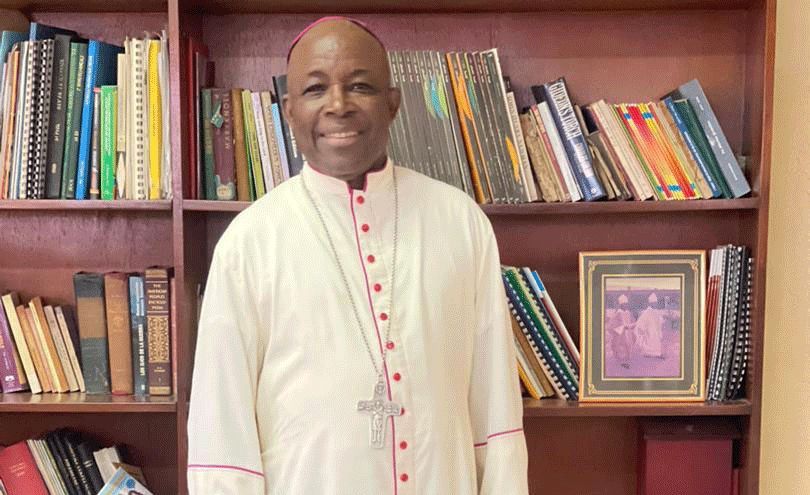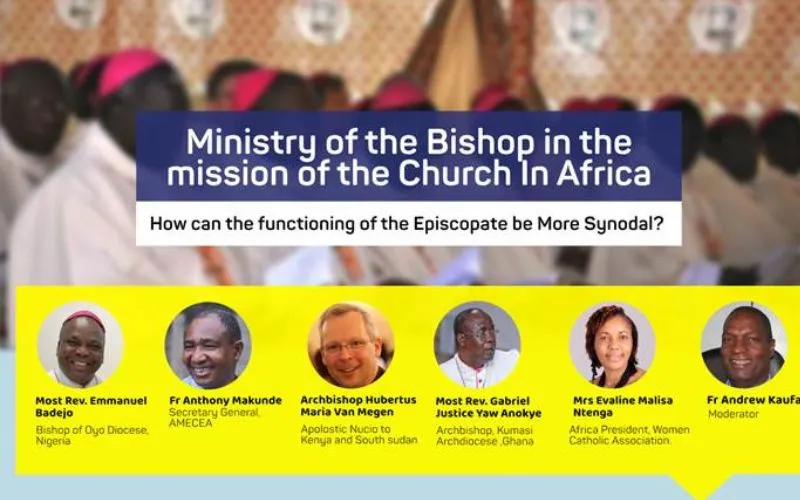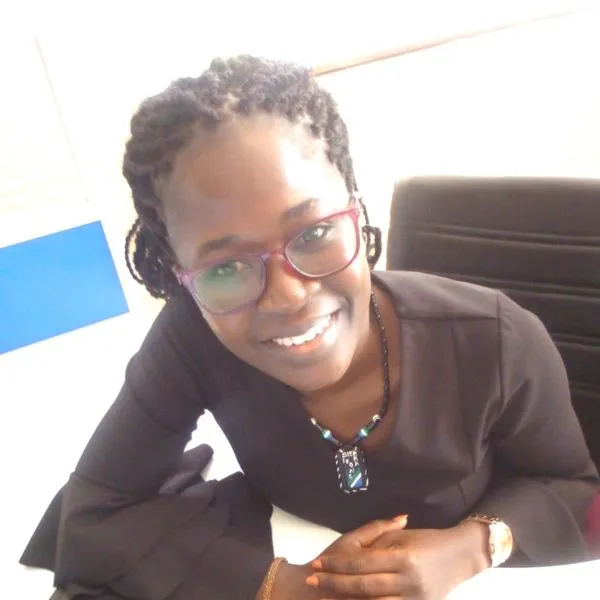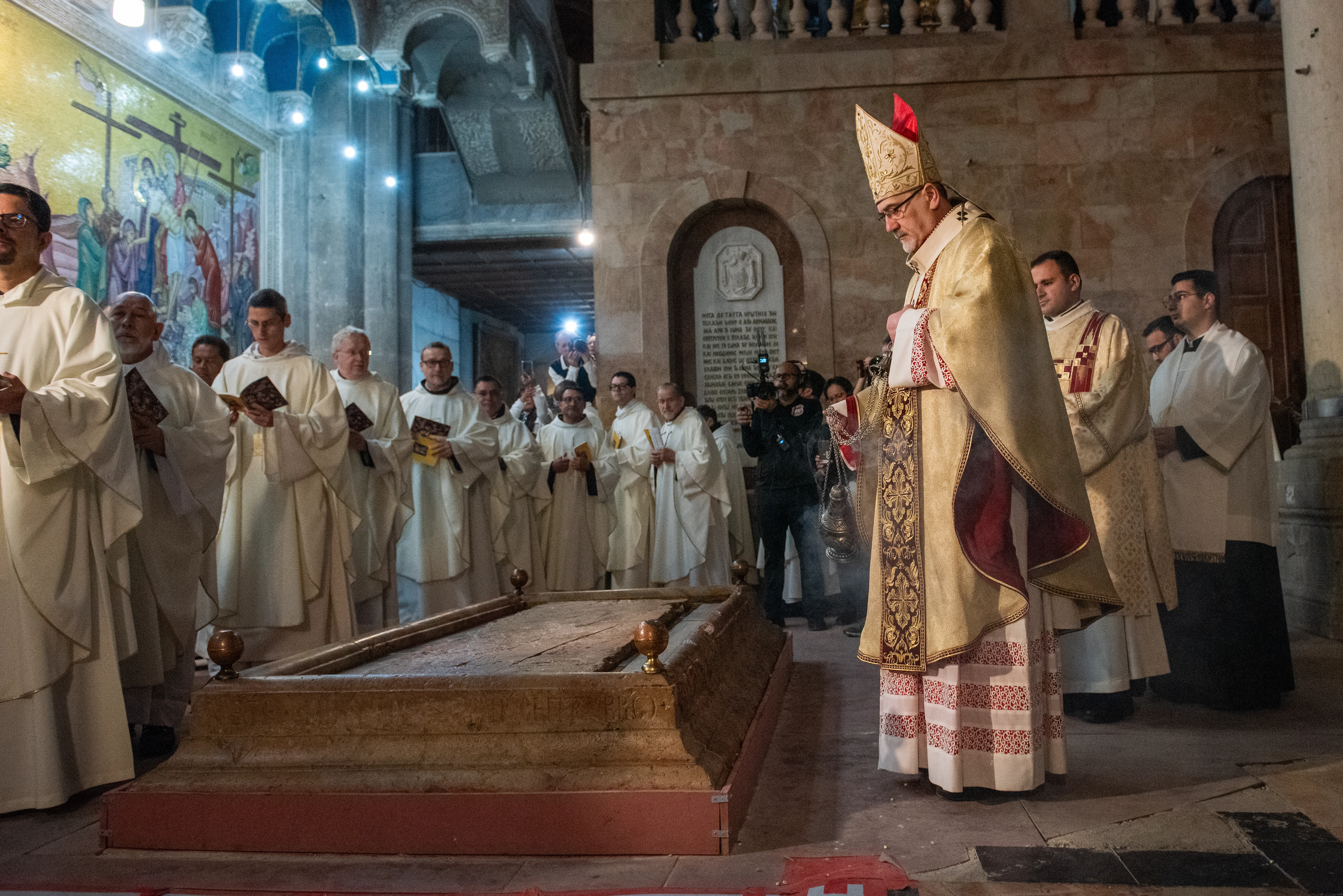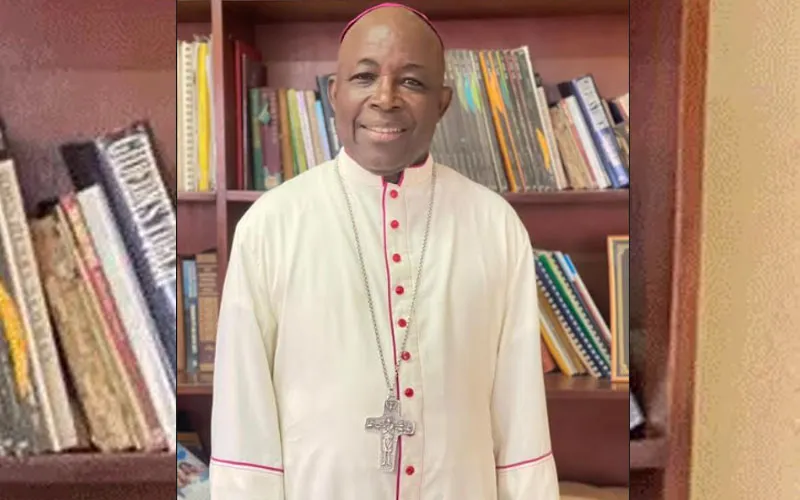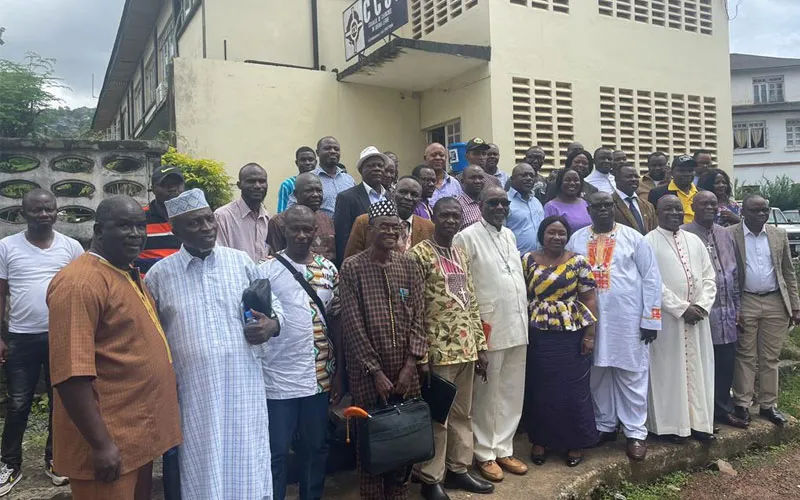“We used to have 29 Parishes when I was Archbishop of Freetown and Bo. But when we split, we left 19 Parishes comprising the entire Southern province to Bo. The 10 Parishes we had have since grown and earlier this year, we elevated seven communities to quasi-parishes. Soon, we shall have seven new Parishes,” he said, adding that the Archdiocese also has two new Chaplaincies as the number of Catholics continues to grow in Freetown.
In the interview with ACI Africa, the Archbishop spoke broadly about various issues, including the outstanding religious cohesion in Sierra Leone amid increasing religious extremism in a number of other West African countries.
The Sierra Leonean Catholic Church leader who started his Episcopal Ministry in March 2008 as Archbishop of then Freetown and Bo also recounted his experience with the country’s worst civil war, and the role that the Church played to end the fighting that had lasted for 11 years, causing a lot of devastation in the country. He also spoke broadly about the role of the Church in the country’s forthcoming elections.
Concerning the interreligious co-existence in Sierra Leone, Archbishop Tamba who also serves as the President of the Inter-Religious Council of Sierra Leone (IRCSL) said, “We live very peacefully; Christians and Muslims and other religions. All we do is work together to find ways of developing Sierra Leone and making it a better place for everyone.”
The Sierra Leonean government estimates that 77 percent of the population is Muslim, and 21.9 percent is Christian.
“Many individuals regularly blend Christian and Islamic practices with animism in their private and public worship,” the Sierra Leone 2019 International Religious Freedom Report indicates in part, adding that other religious groups that together constitute less than 5 percent of the population include Baha’is, Hindus, Jews, atheists, and practitioners of voodoo and sorcery.
In the interview with ACI Africa at his office in Freetown, Archbishop Tamba shared his experience with the civil war that started in 1991 just as he left for Rome to pursue a Licentiate and later a Doctorate degree in Dogmatic Theology at the Pontifical Gregorian University.
It is from Rome that he received the news of the death of his grandmother who the rebels shot in her bed as she was sleeping.
“My grandmother was killed alongside 39 other people and she never received a proper burial,” he told ACI Africa during the November 7 interview, adding that he came back to Sierra Leone in 1996, at the climax of the civil war.
“It was bad,” he said, recalling the war, and added, “I remember there was a day we were hiding in bushes when the rebels came and took away my computer. It was a Toshiba Satellite series and it had a thesis I had worked on. That day, I lost an opportunity to publish a book which I had wanted to name ‘Theology of Enculturation’. The book would have answered all the questions I had during my Theology studies.”



